PCOS AFTER MENOPAUSE
You might wonder, is PCOS after menopause still a possibility? And at the back of your mind, you find yourself saying, “I can’t take anymore stresses!” Hormones are important chemical messengers for the many developmental and growth functions in the body. Imbalances, fluctuations and decline of hormone production impose complications. PCOS, short for Polycystic Ovarian Syndrome is the result of hormonal imbalance.
Menopause however happens when the inevitable decline of sex hormones namely, oestrogen, starts to happen. Complications of menopause can be felt usually at the onset of peri-menopause, the first stage of menopause due to the decline of oestrogen. PCOS after menopause, is there a connection? Is there a cure for PCOS after menopause or is menopause the cure? (1)
PCOS After Menopause - Is there a Connection?
Polycystic Ovarian Syndrome or PCOS is a condition characterised by the growth of cysts around the ovaries which results to irregular periods and infertility problems. The hormonal imbalance responsible for this is the higher level of male sex hormone, that is the testosterone, than the female sex hormone, that is the progesterone. Higher level of testosterone can make you insulin-resistant, making your blood sugar levels go higher, hence you are at risk of having diabetes.
Other symptoms and complications of PCOS include the following (2):
- Mood swings primarily because the hormones are imbalance
- Weight gain
- Sleep problems
- Hypertension
- Diabetes
On the other hand, menopause is the reduction or decline of progesterone and the another female sex hormones, namely oestrogen. Menopause is an inevitable and natural part of a woman’s life while PCOS is not. You may want to read more on symptoms of peri-menopause and menopause.
So, let us get this straight, there is no connection between PCOS and menopause nor menopause can be considered a cure for PCOS. You may well experience the symptoms of PCOS after menopause as the complications of menopause are somewhat similar to that of PCOS and that both involve hormones. And by the way, women who have PCOS tend to have delayed menopause for about 2 years (and ironically you ask yourself, is it a good thing or not?!).
6 Ways to Manage Complications of PCOS After Menopause
Managing complications way before they commence is perhaps the wisest course of action. Yes, that is right ladies, you may want to address the symptoms as early as possible, at peri-menopause. Doing so, you might find it easy to address complications of menopause and PCOS after menopause. (2) The following can be of great help for you:
1. See your physician or health service provider
1. Take time to visit your physician or health service provider, ask questions, be honest when you answer and be willing to run some suggested tests.
Ask questions, be honest when you answer and be willing to run some suggested tests.
This will be for your own good, for wisdom to carry out some course of action that is altogether fruitful and successful and not striving after the wind as well as for your peace of mind (that is so important, right?! Who wants more stress, anyway?!)


2. Have a good night's sleep
Aim to have a very good night’s sleep.
7 to 8 hours of sleep time is recommended
You may want to sleep in a cool, dim, quiet and clean room. You must prepare your room, as conducive as possible to achieve quality sleep every night.
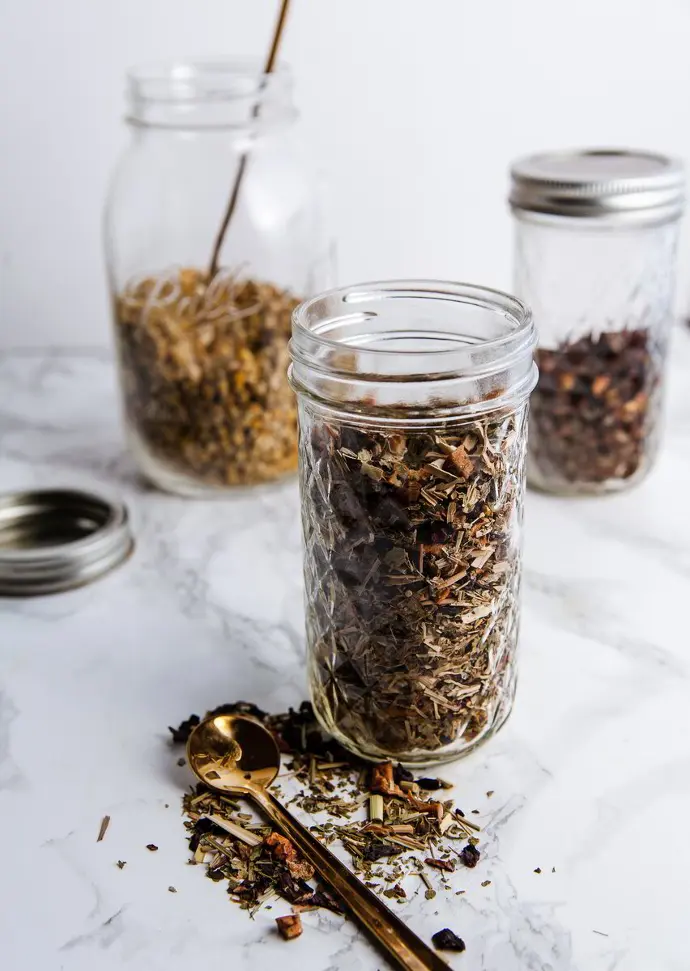
3. Hormone Balancing Tea
Don't despair, there are herbs that can help you.
Choose wisely and be patient and consistent taking your tea.
Choose wisely, hormone disrupting chemical is the last thing you need in your tea. Go for highest quality and organic herbs for best results. Our Graceful Hormone Tea is coming soon.
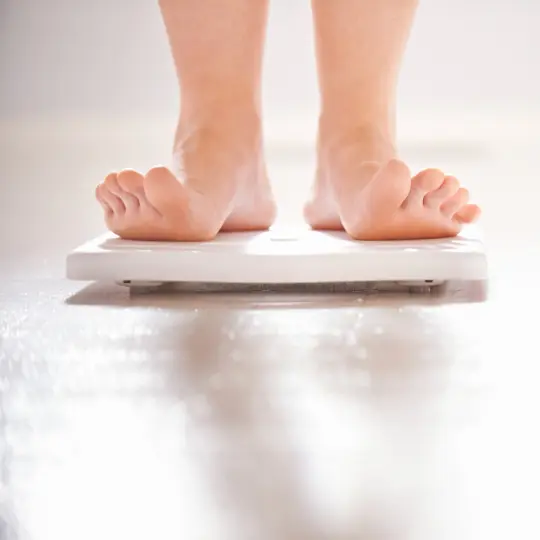
4. Aim for your ideal weight
Aim to have your ideal weight. In order to do this, you must eat the right kinds of food - vegetables, good fat, low carbohydrates, good source of protein - and of course with the right amount.
Focus on the right kinds of food.
Yes, moderation is the key.

5. Stay fit
Aim to stay fit and to do this, regular exercise is a such a good idea. Move your body whenever you can and whenever you want, just don’t overdo it. Have fun and enjoy it!
Exercise but remember... not to overdo it.
Move your body whenever you can and whenever you want, just don’t overdo it. Have fun and enjoy it!

6. Treatments
In advanced cases, PCOS is treated with pills or other medications.
Have a talk with your physician on what will be the best option.
However, only your physician have the authority to prescribe these for you depending on your personal circumstances and health conditions.
All in all, their recommendations and how you take care of yourself through your everyday activities are the keys on how you go through and get through PCOS after menopause, gracefully of course.
REFERENCES
(1) https://www.medicalnewstoday.com/articles/319363
(2) https://www.healthline.com/health/menopause/pcos-and-menopause#outlook
Menopause can really make some changes
in your body and health.
Our Herbal Organic Teas may help you.
RELATED POSTS
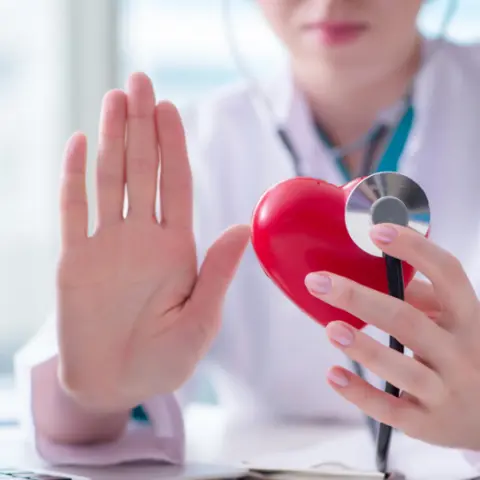
MENOPAUSE AND HEART DISEASE
Cardiovascular diseases are the leading cause of death for older women in the United States, Canada and Australia.
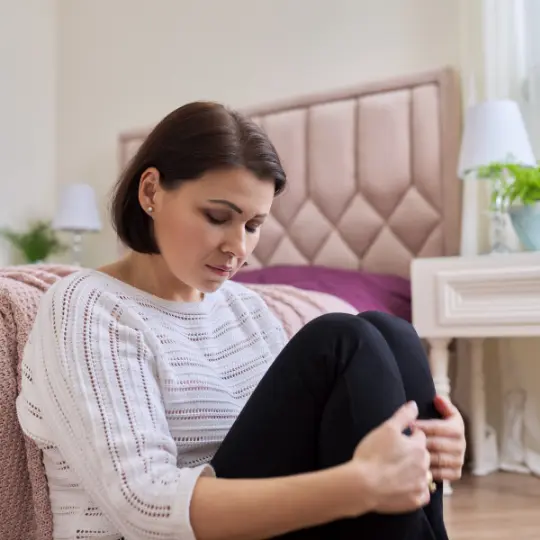
DEPRESSION IN MENOPAUSE
Depression in Menopause is more common than you may think.
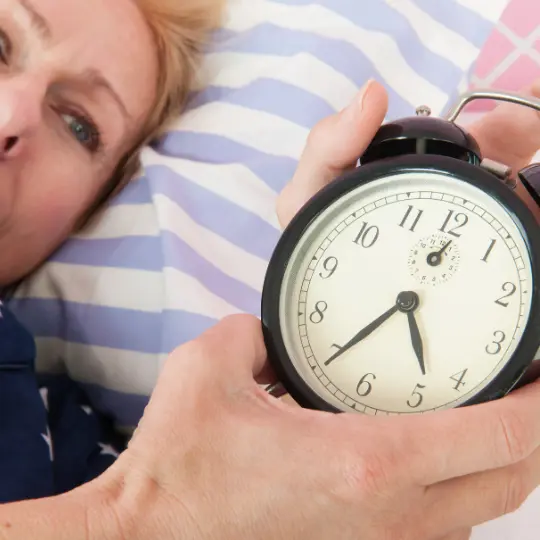
MENOPAUSE AND INSOMIA
This is a more common complaint in women than in men and is detrimental to your health.
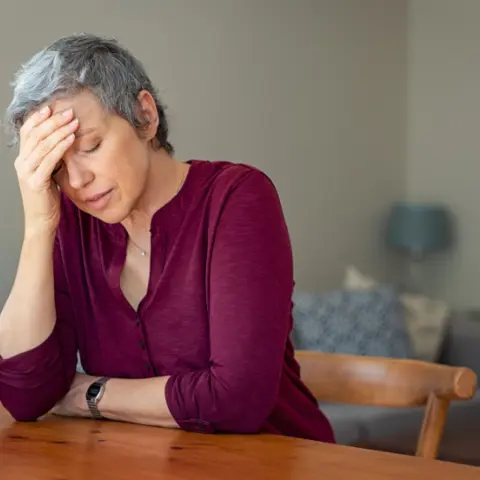
MENOPAUSE & HYPERTENSION
The onset of hypertension during menopause can cause additional concerns to women's health.

MENOPAUSE & WEIGHT GAIN
Weight gain can rob you of expanded activities you can do before and foods you want to eat - yes, because you...

MENOPAUSE & HOT FLASHES
One of the most common complications of menopause is probably the hot flashes and the one that can last for a long time...
EXPLORE

STAGES OF MENOPAUSE
The clues and symptoms are the result of unbalanced and changing hormone levels of oestrogen in your body.

COMPLICATIONS
Complications of menopause - the risks women face for certain health problems; heart disease, depression, weight gain, insomnia, hypertension, osteoporosis

MENOQUOTES
There are 3 billion women who, sooner or later will experience Menopause but many still find it uncomfortable to talk about… it’s about time we change this.